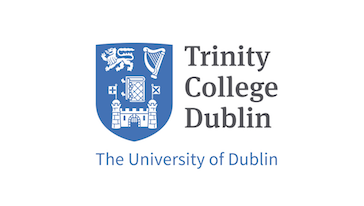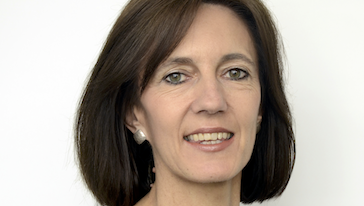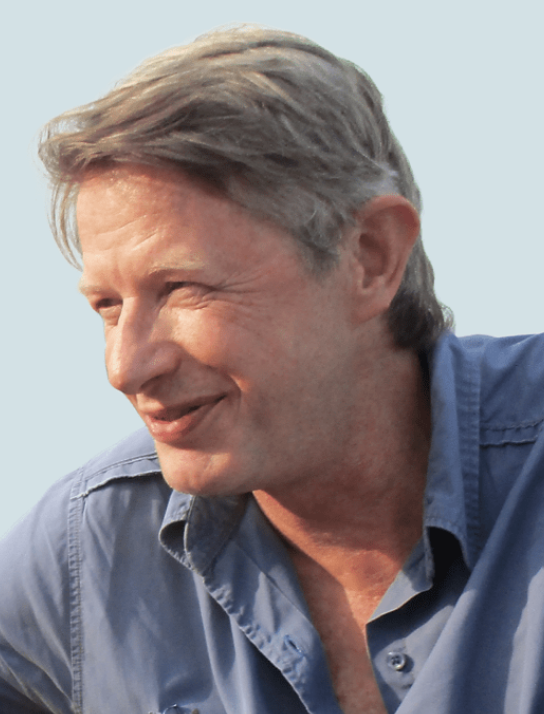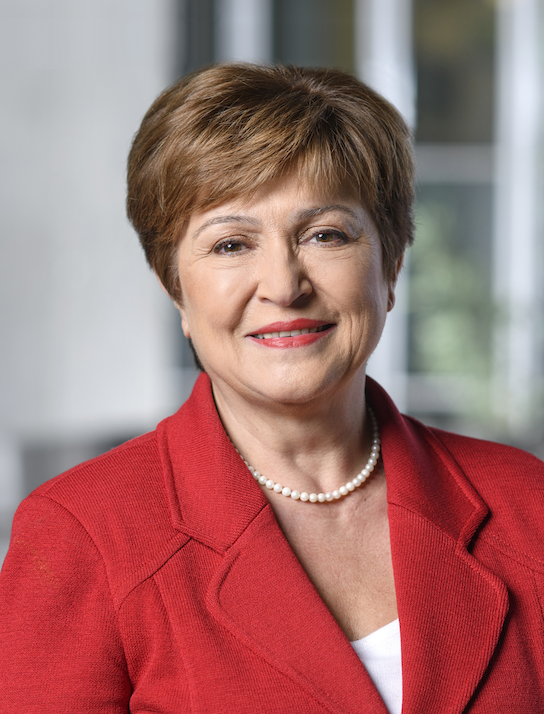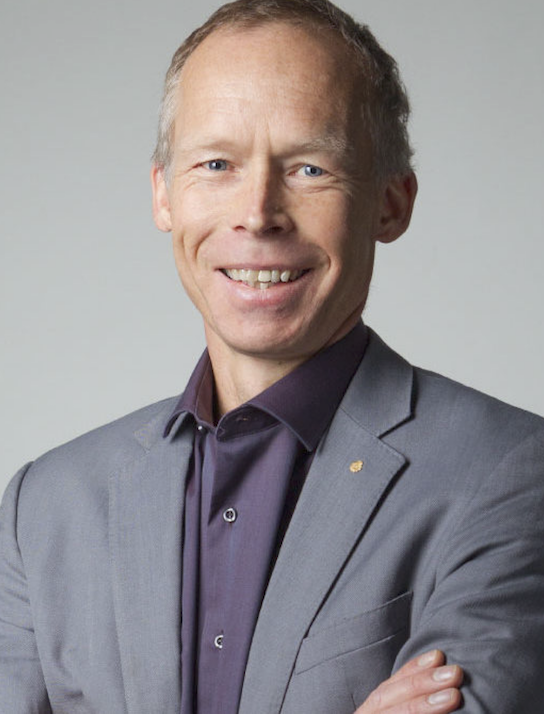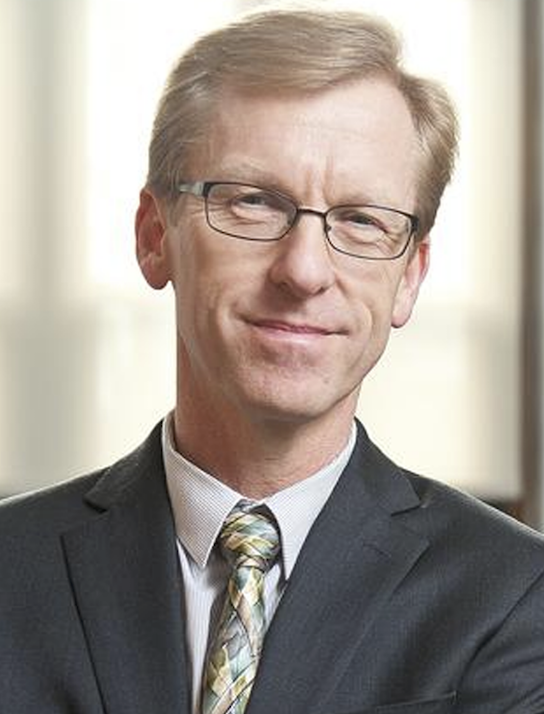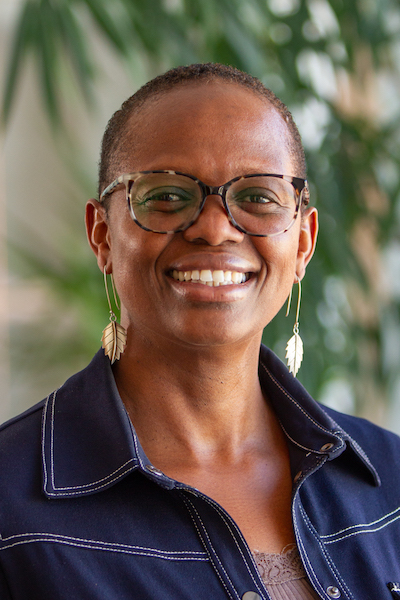Across the world, the rise of multiple forms of inequality, and growing environmental problems such as climate change and resource degradation, present defining challenges of our era. These challenges are interlinked, and affect people locally, nationally and globally with devastating consequences for wellbeing and security, and for the achievement of global development goals. Yet pathways to more equal and sustainable futures are possible. These involve innovative combinations of top-down and bottom-up strategies, and novel alliances between states, markets, technologies – and crucially, the knowledge and action of citizens themselves. As examples from urban and rural settings in Asia and Africa show, power and politics are critical in enabling such pathways to unfold, and shaping whether they add up to the transformational change needed to secure more equal, sustainable futures.
